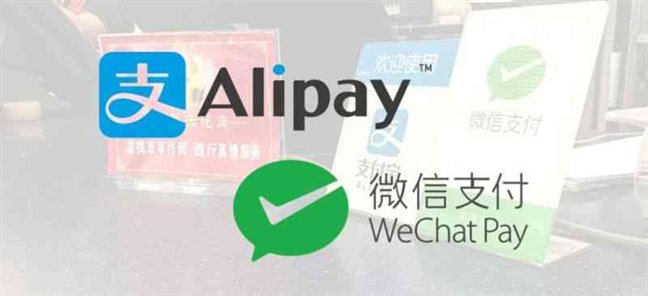Nepal Bans Chinese Digital Wallets Alipay and WeChat Pay
Nepal bans China’s popular digital wallets Alipay, WeChat
Nepal is a great destination area for tourists around the world. Among the significant tourists, Chinese tourists are ranked 2nd in number to visit Nepal. With so many numbers of tourists from China entering Nepal, a lot of restaurants and hotels in Nepal have started to accommodate their necessities. The use of Digital payment gateways like Wechat and Alipay has grown exponentially with the rise in Chinese tourists. Although the increase in expenditure of tourists is a good sign for Nepal, the method they’re currently using doesn’t benefit Nepal at all.
Wechat and Alipay are two of the most famous digital payment gateways in China. The citizens living there are used to these services and look for the same in Nepal as well. Shops, restaurants, and even hotels have started using this method of payment by providing a QR code that the tourist can scan using their phones and quickly pay the money. Also, through using such digital gateways is a positive sign towards technological growth, the use of unauthorized apps to spend money doesn’t help Nepal’s economy. The authorities can’t charge taxes on these payments since they aren’t trackable. This is a significant issue since almost every Chinese tourist use one of these apps to pay their expenses. Keeping this in mind, Nepal Rastra Bank(NRB) has supposedly banned the use of Wechat and Alipay since these apps are hampering the foreign income on which Nepal relies heavily.
These wallets allow the peer-to-peer fund transfer, meaning that, if the users are both Chinese, then the laws of the government of Nepal won’t matter, they could quickly transfer fund by bypassing the laws. The only solution to this is blocking the use of these apps outside China. However, this can only be done by the digital wallet’s themselves.
Even though the use of Wechat and Alipay have been termed illegal by NRB, there’s no appeal made by the authorities to block the transaction from these gateways. The use of Esewa, Khalti, and similar digital wallets have grown immensely over the years, and the inclusion of these unauthorized apps like Wechat and Alipay hasn’t aided to Nepal’s foreign income. The only real solution to this enormous issue would be to legalize the use of these apps by registering them here in Nepal. That way, the payment made by these apps would be open for taxes and hence can be considered as foreign income.







